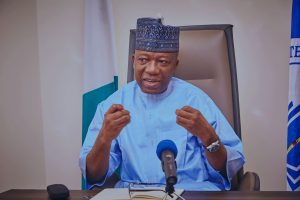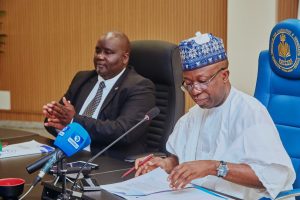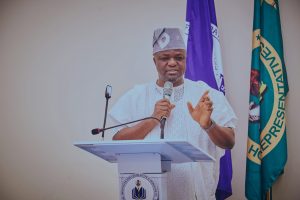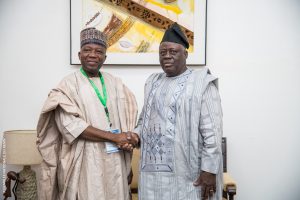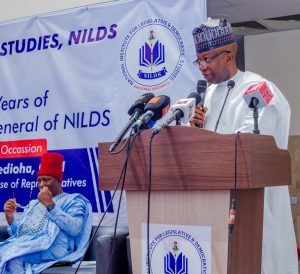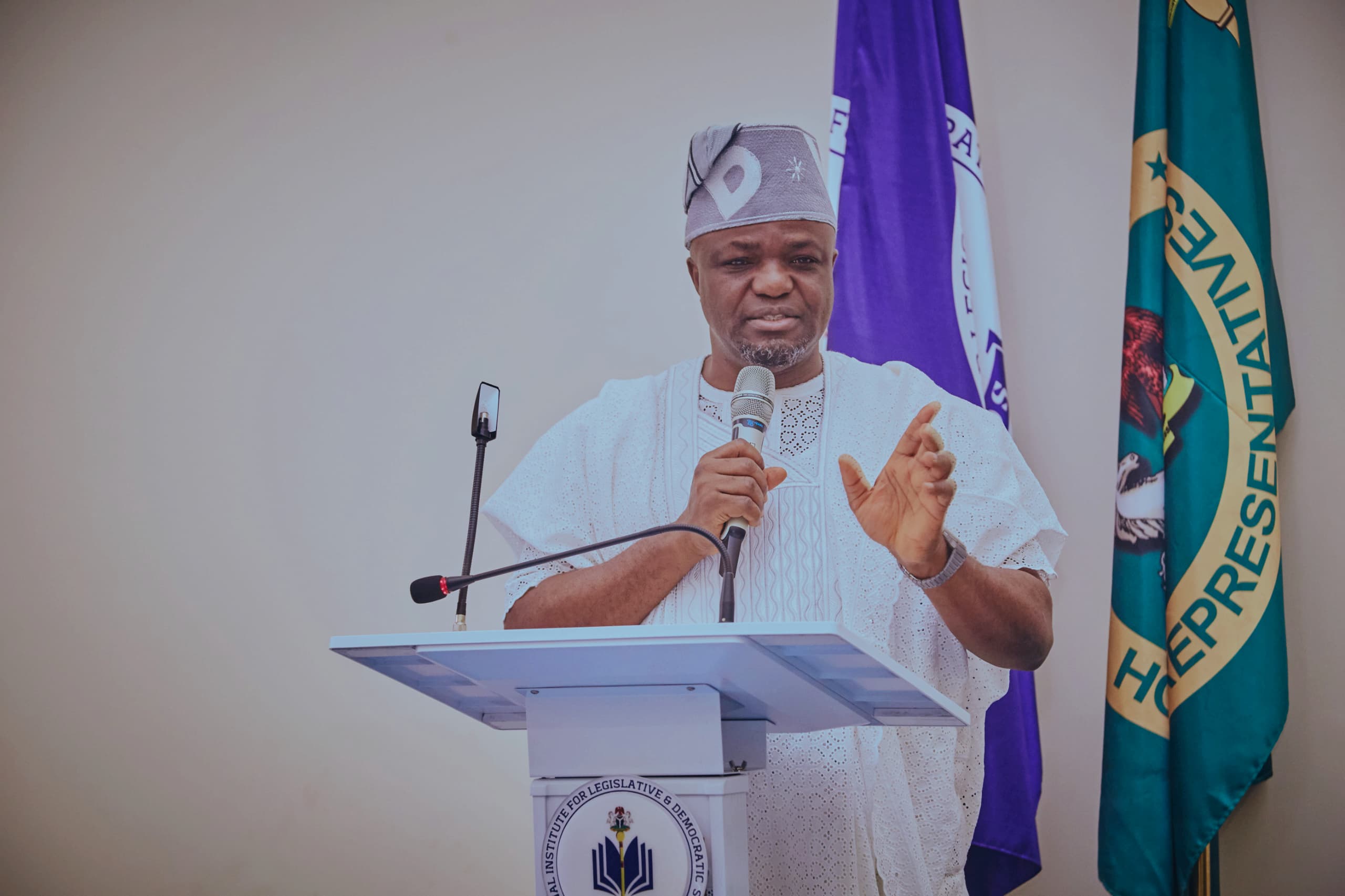
Stakeholders have called for improved technological infrastructure to enhance the credibility of Nigeria’s future elections. The call was made during a policy dialogue on “Election and Technology: Opportunities and Challenges” organized by the National Institute for Legislative and Democratic Studies (NILDS) in commemoration of June 12.
Director-General of NILDS, Prof. Abubakar Sulaiman, noted that while BVAS and IReV hold promise, their performance in the 2023 elections drew criticism due to technical glitches that delayed voting and led to voter disenfranchisement. He stressed the need for inclusive, transparent, and efficient tech-driven reforms.
Also speaking, IPAC National Chairman, Dr. Yusuf Dantalle, highlighted voter apathy and mistrust, attributing it to doubts about result integrity and judicial credibility. He advocated the adoption of electronic voting to promote transparency and rebuild public confidence.
Chairman of the House Committee on Electoral Matters, Hon. Adebayo Balogun, acknowledged the role of technology but emphasized the need for expertise and accountability.
Prof. Okechukwu Ibeanu, in his keynote, urged focus on tech use not only on election day but throughout the entire electoral cycle.



